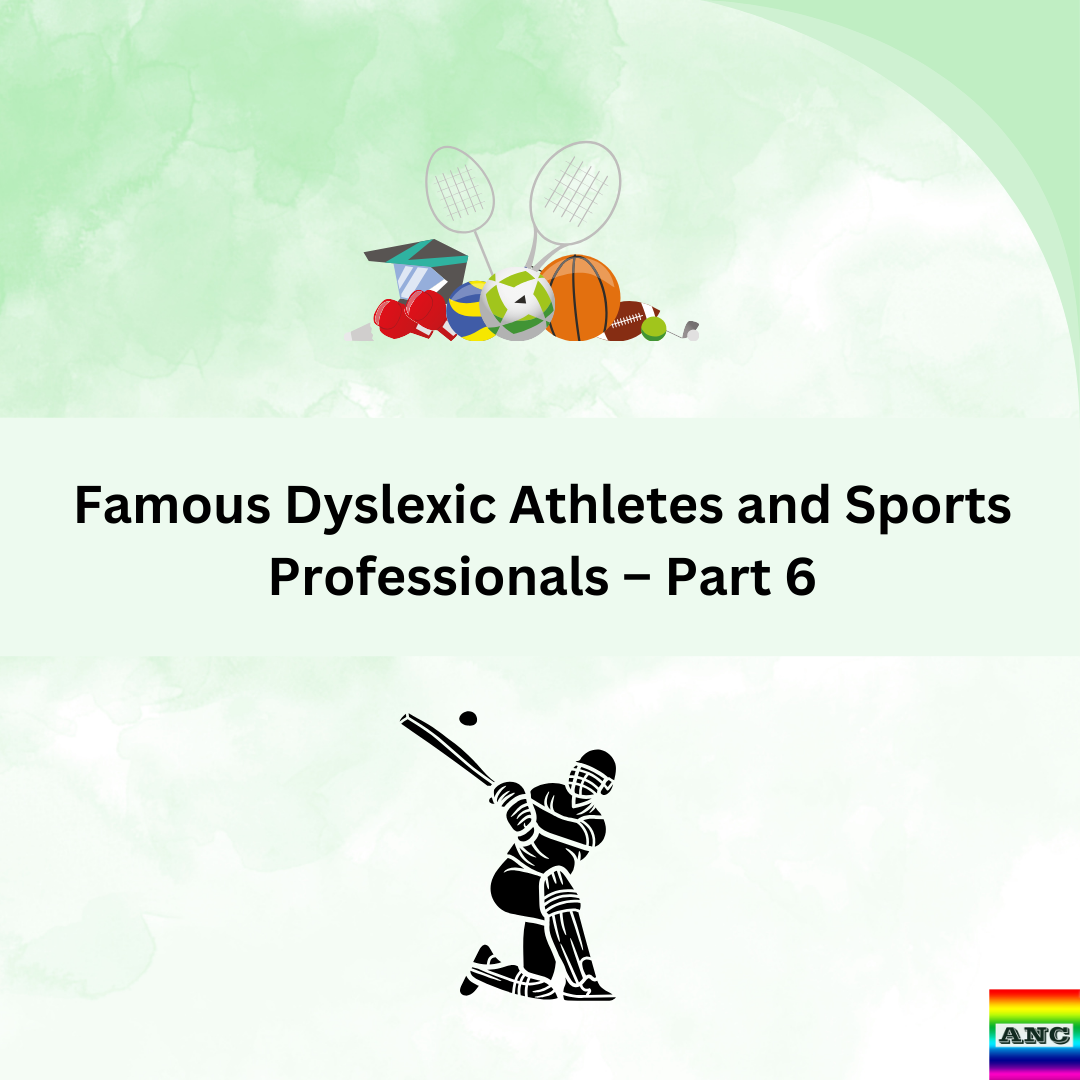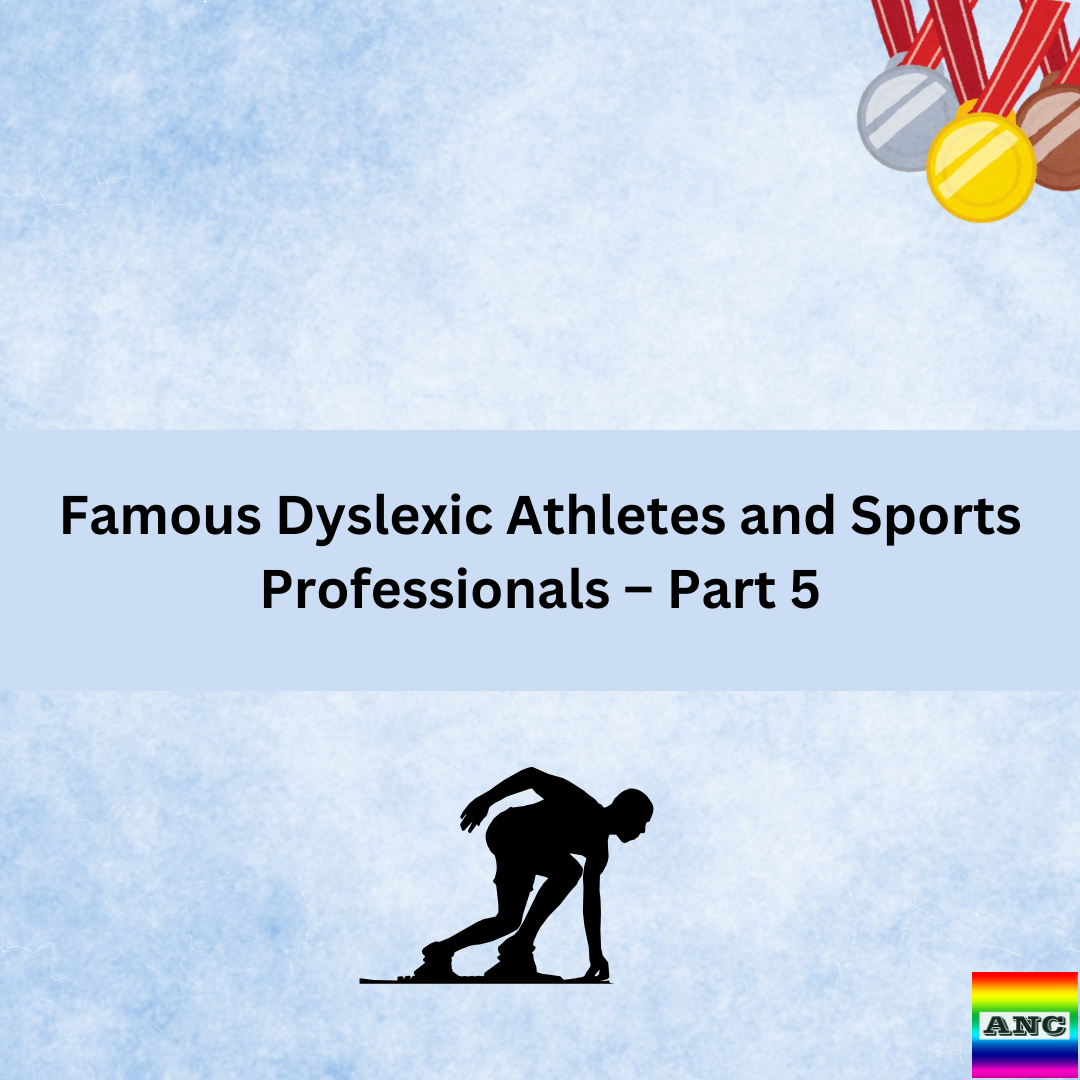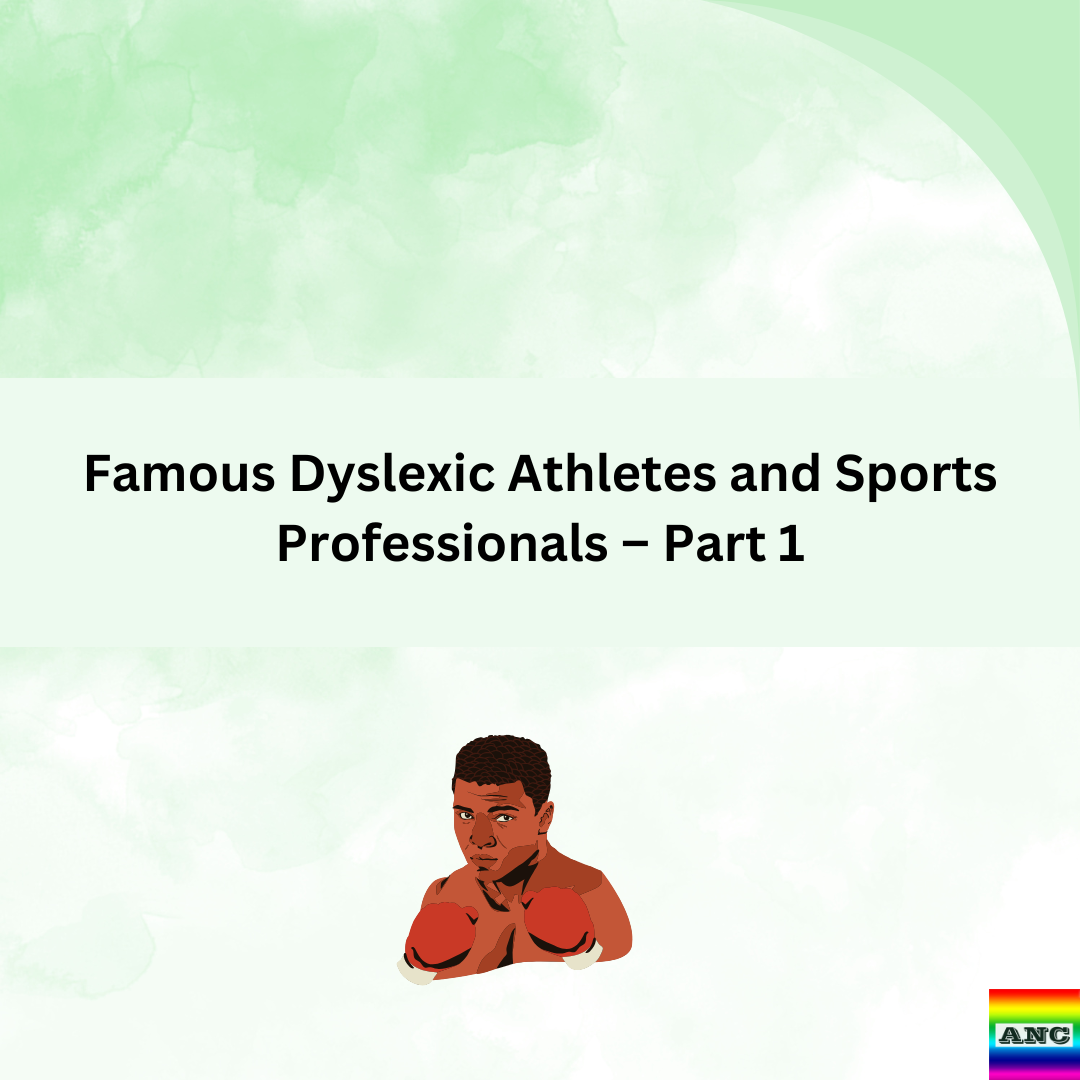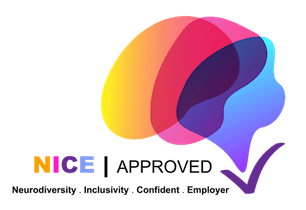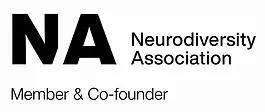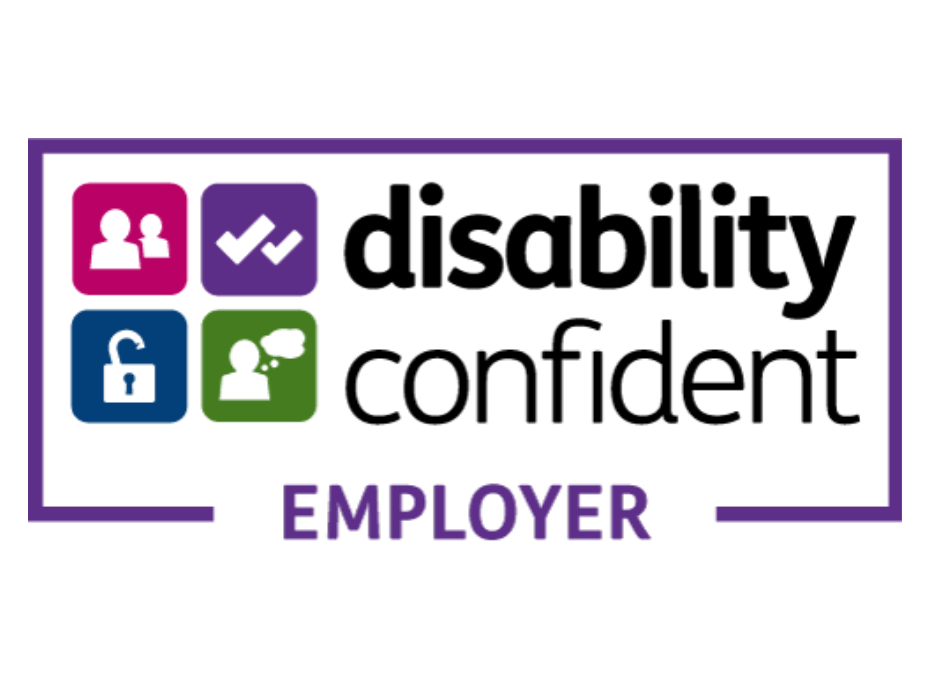Supporting Dyslexic Athletes Beyond the Field
The support for dyslexic athletes should extend beyond their time on the football field. Comprehensive support systems that address their academic, emotional, and social needs can contribute to their overall well-being and success.
1. Academic Support and Resources Providing dyslexic athletes with access to academic support services, such as tutoring, learning specialists, and assistive technology, can help them manage their educational responsibilities. Schools and football clubs should collaborate to ensure that athletes receive the resources they need to succeed academically while balancing their sporting commitments.
2. Mental Health and Emotional Support Dyslexic athletes may face emotional challenges related to their learning differences, including anxiety or frustration. Offering access to mental health resources, counseling, and emotional support can help athletes navigate these challenges and maintain a positive mindset.
Creating an open dialogue about mental health and providing support for managing stress and building resilience are important for the overall well-being of dyslexic athletes. This support helps them stay focused, motivated, and balanced both on and off the field.
3. Career Development and Transition Support As dyslexic athletes advance in their careers, they may face unique challenges related to career development and transitions. Providing guidance on navigating professional opportunities, managing the demands of a football career, and preparing for life after football can help dyslexic athletes plan for their future success.
Career development programs that address the specific needs of dyslexic athletes, including job placement assistance and professional mentorship, can facilitate a smoother transition into new roles and opportunities after their playing days are over.

